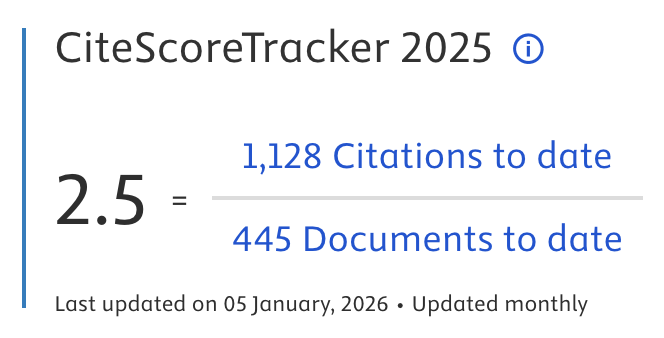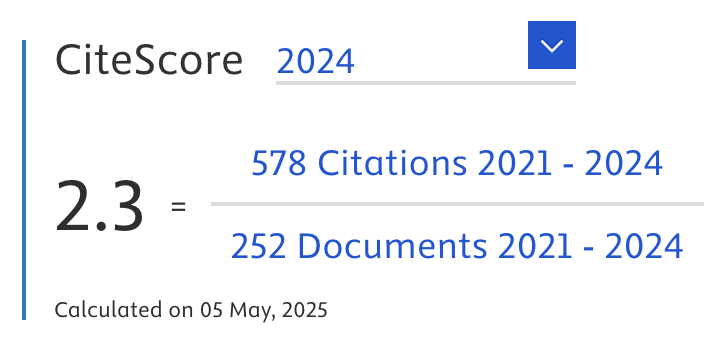Mathematical Modeling of Water Quality Dynamics in Aquaculture: A Foundation for IoT Integration and Machine Learning-Driven Predictive Analytics
Abstract
Effective water quality management is paramount for sustainable aquaculture, yet conventional methods often fall short in providing timely and predictive insights. This paper details the development and analysis of a comprehensive suite of mathematical models designed to simulate key water quality dynamics in aquaculture systems. These models encompass critical biogeochemical processes, including the nitrogen cycle (ammonia, nitrite, nitrate, organic nitrogen), phosphorus cycle, Dissolved Oxygen (DO) balance, and Biochemical Oxygen Demand (BOD). Simulation results derived from these models illustrate the temporal evolution of these critical parameters, demonstrating their capability to capture complex interactions and provide a mechanistic understanding of the aquatic environment. This foundational modeling approach offers a robust tool for quantitative analysis and prediction of system responses under various conditions. The core contribution of this work is the articulation of these mathematical models, which serve as a crucial foundation for advanced, data-driven aquaculture management. To enhance their practical utility, we propose a conceptual framework for integrating these models with Internet of Things (IoT) sensor networks. Real-time data acquisition via IoT can be essential for model parameterization, continuous calibration, and validation against operational conditions. Furthermore, this paper discusses how outputs from these validated mechanistic models can serve as robust inputs for Machine Learning (ML) algorithms. This synergy enables the development of sophisticated predictive analytics for critical events, such as forecasting water quality deterioration, and supports optimized, proactive management strategies. This research lays the theoretical and methodological groundwork for developing more precise and resilient decision support systems in aquaculture. By emphasizing the synergistic potential of combining foundational mathematical modeling with data science techniques like IoT and ML, this work aims to contribute to transforming aquaculture into a more productive, sustainable, and environmentally responsible industry. Future efforts should focus on empirical validation and the practical implementation of the proposed integrated framework.
Article Metrics
Abstract: 512 Viewers PDF: 296 ViewersKeywords
Full Text:
PDFRefbacks
- There are currently no refbacks.

Journal of Applied Data Sciences
| ISSN | : | 2723-6471 (Online) |
| Collaborated with | : | Computer Science and Systems Information Technology, King Abdulaziz University, Kingdom of Saudi Arabia. |
| Publisher | : | Bright Publisher |
| Website | : | http://bright-journal.org/JADS |
| : | taqwa@amikompurwokerto.ac.id (principal contact) | |
| support@bright-journal.org (technical issues) |
 This work is licensed under a Creative Commons Attribution-ShareAlike 4.0
This work is licensed under a Creative Commons Attribution-ShareAlike 4.0





.png)